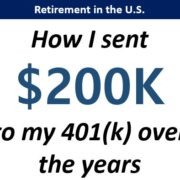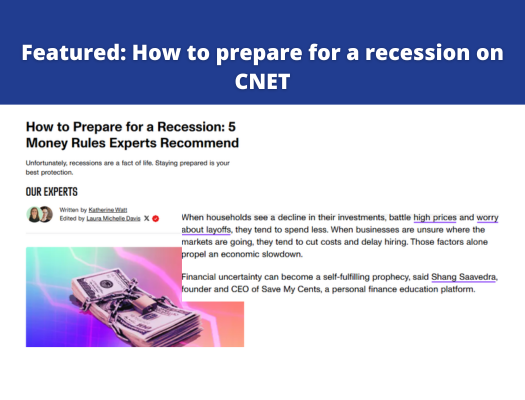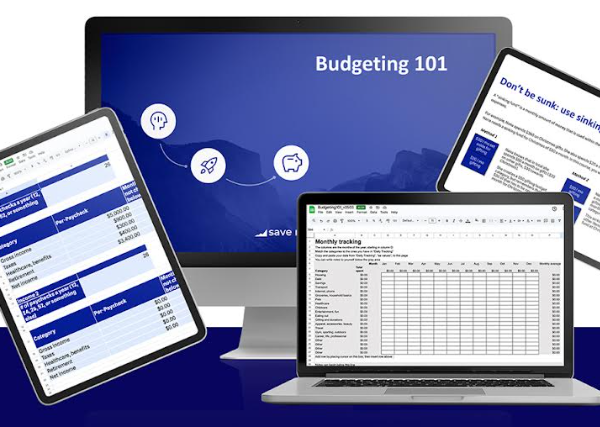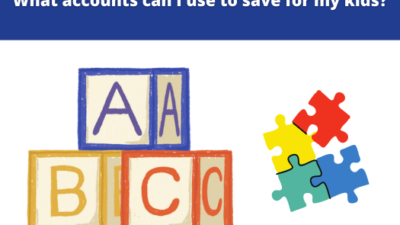More than once, I have seen the Roth vs. traditional debate paralyze someone into inaction when it comes to investing for retirement. In case you’re not familiar with the difference, you can get a quick crash course by reading this blog.
So, I decided to consult a few trusted sources of information to see what they have to say on this topic.
- It depends on when you want your tax breaks. Traditional IRAs are like “personalized pensions”, and Roth IRAs are like “regular investment accounts, only with tax benefits”
- Investopedia raises a point that your taxable income might not decline in retirement, noting that those who choose the traditional IRA, are taking a bit of a bet when they make this assumption, especially once RMDs take place
- Investopedia does not tell you which one to pick first
- Fidelity has an easy to read table comparing the two types of IRAs
- Fidelity offers an IRA contribution calculator that helps you decide whether the Roth or traditional IRA might be right for you
- The calculator is very rudimentary, and you need to know your MAGI (which I usually guess off the top of my head) so it’s just one more tool to help you decide
- Fidelity does not tell you which one to pick first
- Like Fidelity, Vanguard also lays out the key differences between a Roth and traditional IRA, I think their page does it in a bit more detail and a bit more clearly
- Vanguard also updated their page to temporarily account for CARES act exemptions that apply to traditional IRAs
- Vanguard does not tell you which one to pick first
- Similarly as Investopedia, Nerdwallet starts with the tax question: do you think your tax rate will be higher or lower in the future?
- Nerdwallet does take a stance and leans towards Roth IRA as their recommendation, highlighting the flexibility of a Roth IRA and noting that people might not be disciplined save the tax savings realized with a traditional IRA
Where do the Save My Cents stand?
- We are currently not eligible to contribute to Roth IRAs due to our MAGI. Instead, we are doing what is called Backdoor Roth IRAs instead
- We prefer maxing out any tax-advantaged account during our high earning years, which are right now, and will thoughtfully consider strategic Roth conversions either to do a Roth conversion ladder (for FI/RE purposes) or to take advantage of a low tax bracket year (such as a year when both of us are majority not employed, or if we land in much lower tax brackets due to changes in our income)
What would I say to anyone who asks me that question?
- If this is literally the trade-off that is stopping you from investing in retirement, flip a coin and just pick one to start
- Consult a tax professional for advice on this specific to your situation, because they have the best perspective as they know your tax situation
- You can contribute to both if you cannot decide
- Know the key differences between the two – this is one of those types of information that I think is good to memorize
If you are looking to understand the U.S. retirement system in 2 hours or less and de-mystify where you can be investing for your retirement, join my mailing list to nab a spot in my Save My Retirement! Masterclass. Masterclass is released via the mailing list first, and then via my website / Instagram.
For other great content on retirement and overall personal finance, follow me at @savemycents on Instagram and @savemycentsfb on Facebook.










